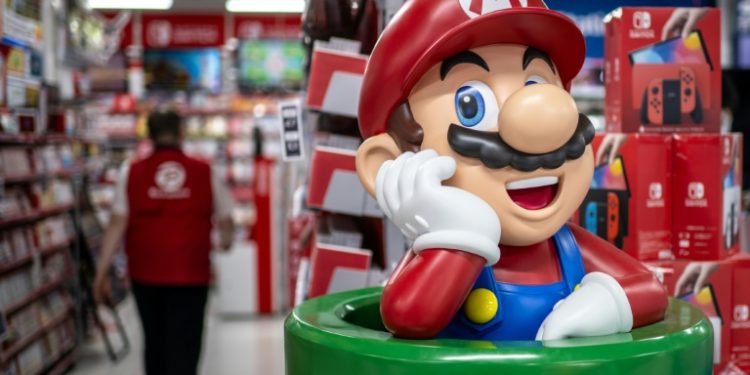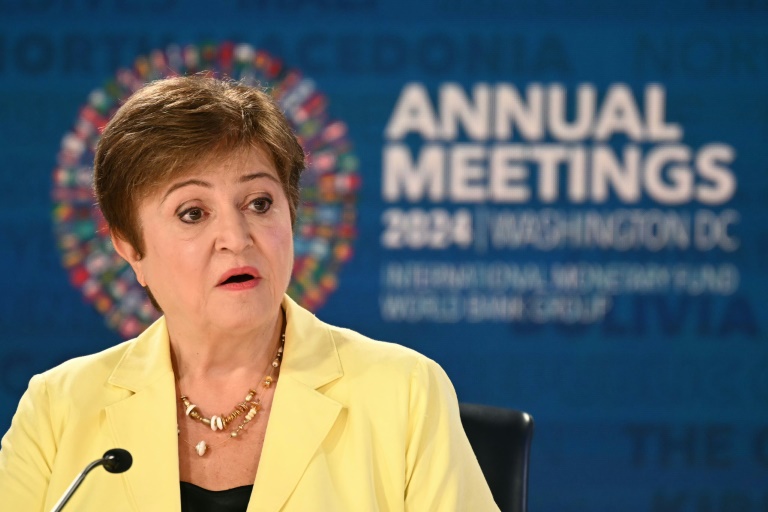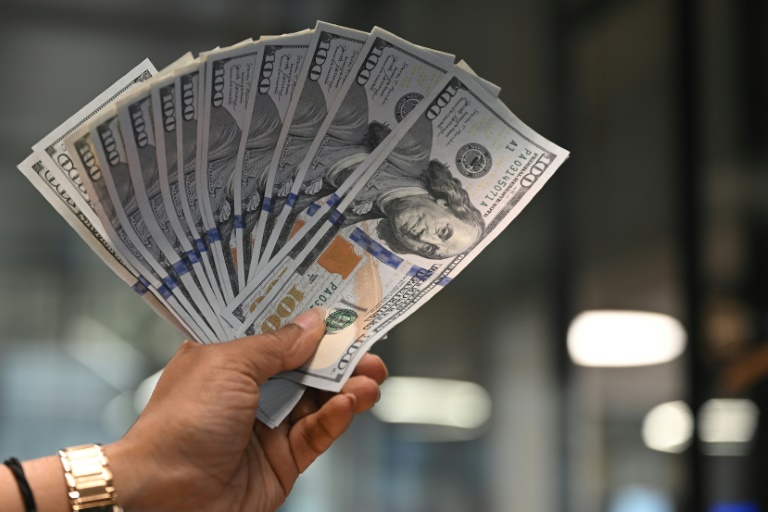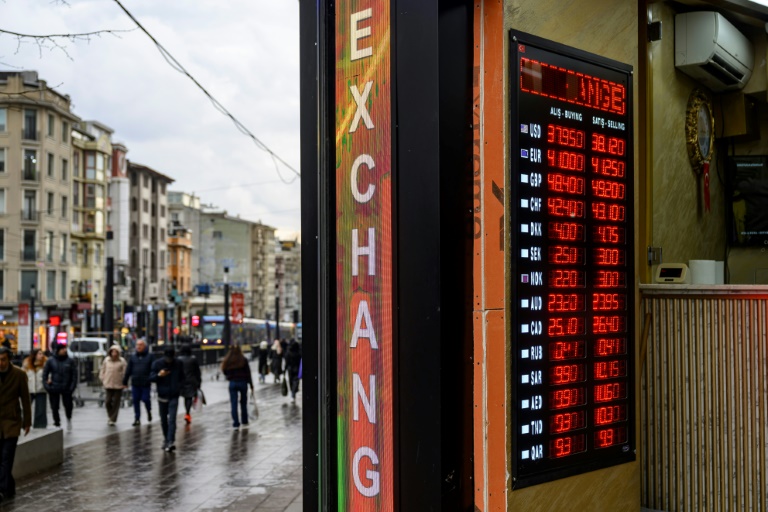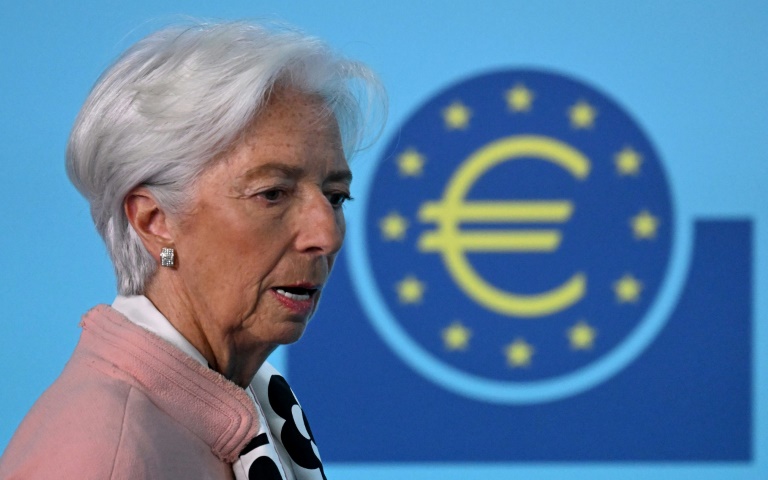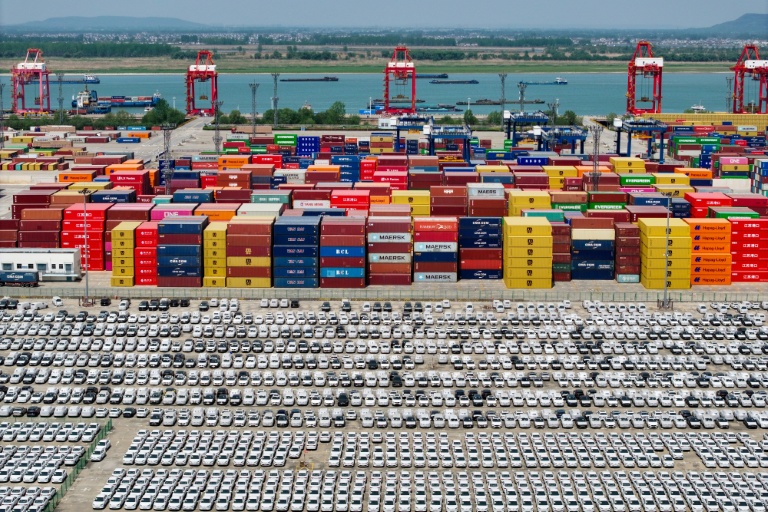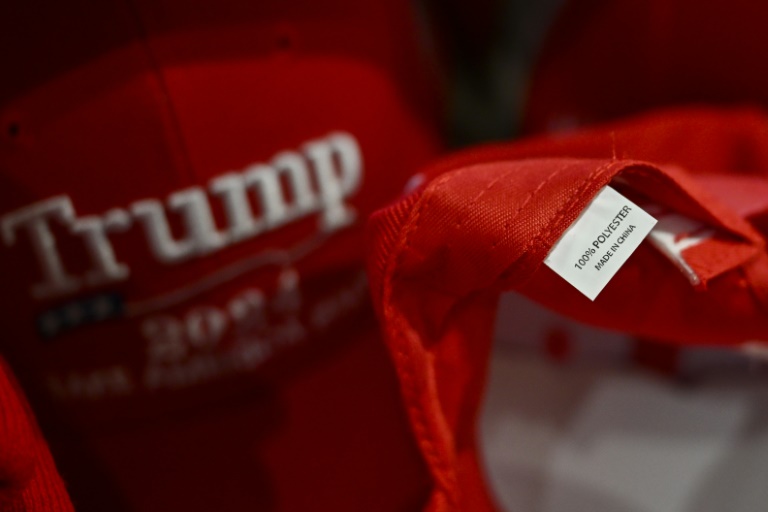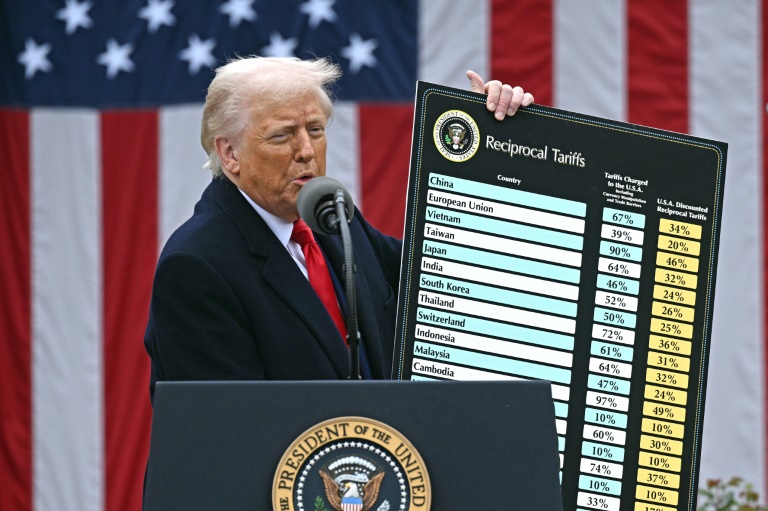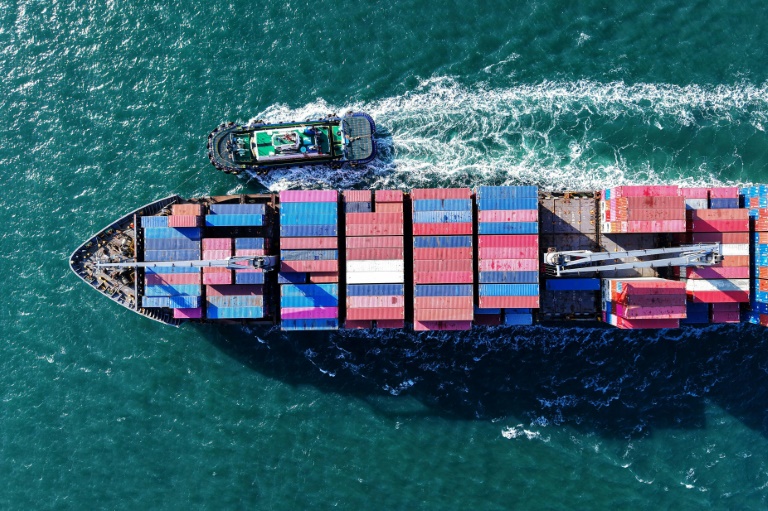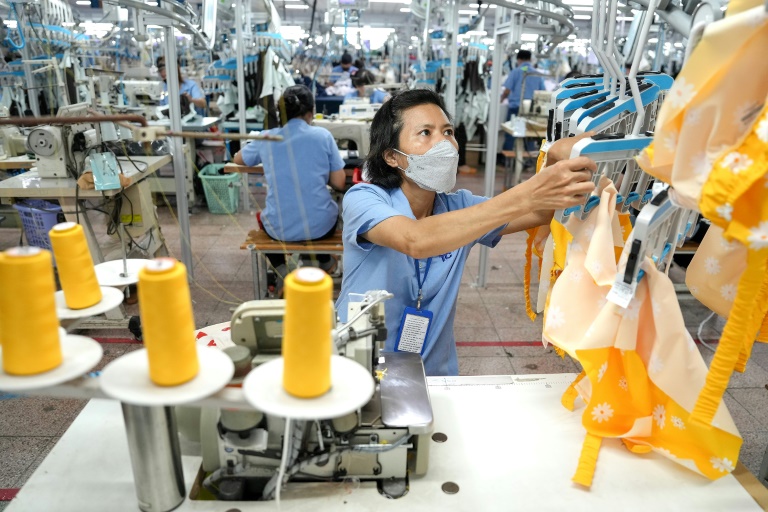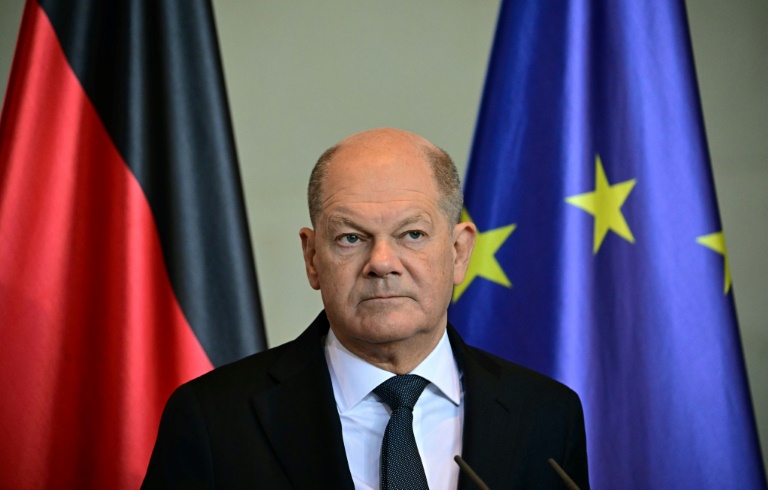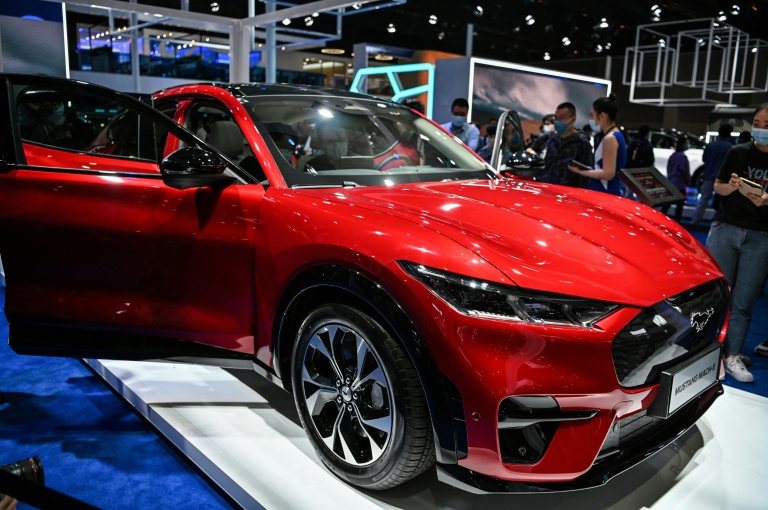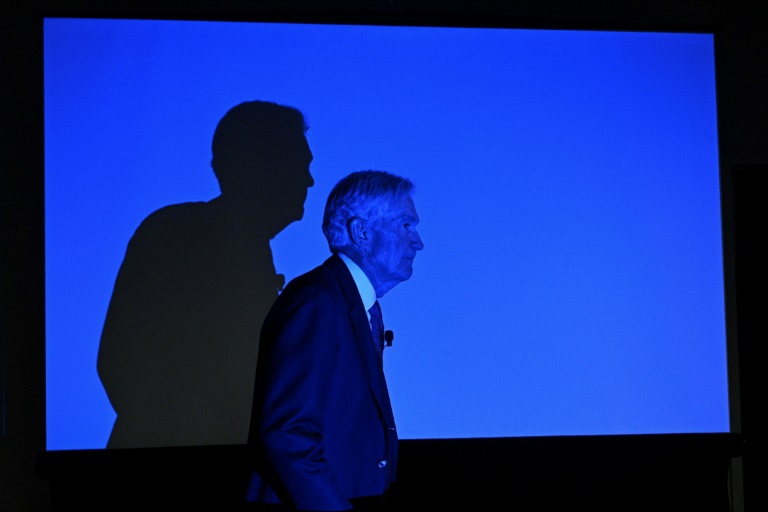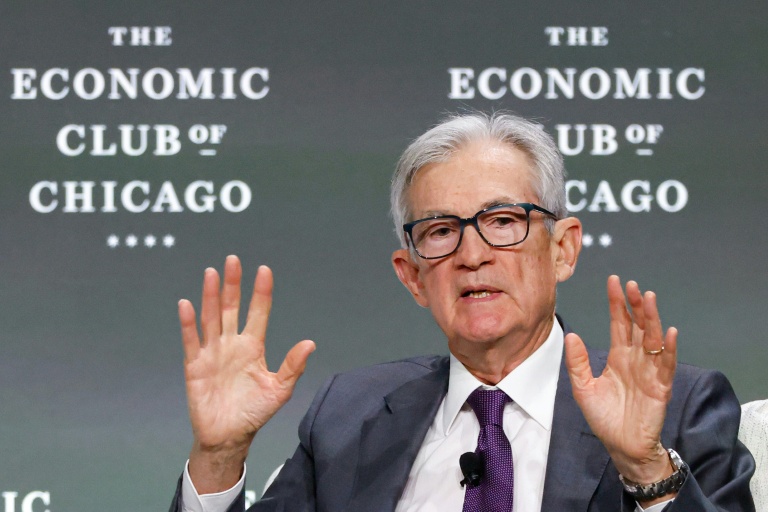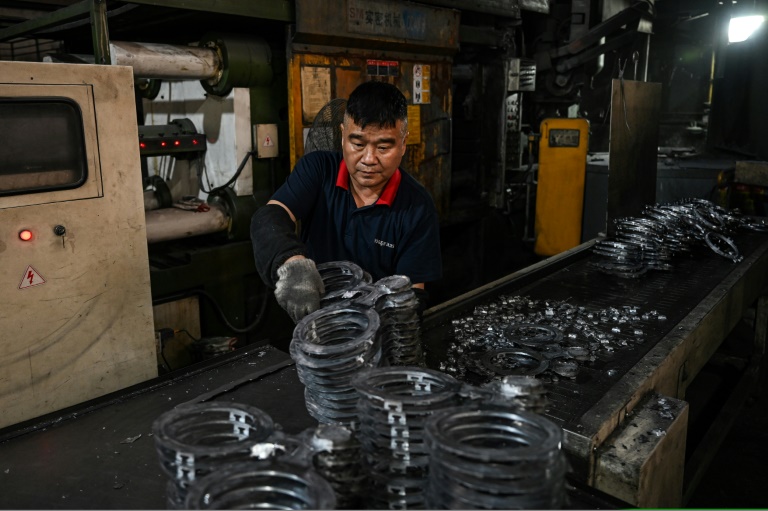Tokyo (AFP) – China vowed “countermeasures” to Donald Trump’s sweeping tariffs on Thursday, but elsewhere in the Asia-Pacific region, U.S. allies were still scrambling for last-ditch talks to mitigate the levies that will hit Asia’s manufacturing powerhouses hard. Trump on Wednesday announced 10-percent levies on imports from around the world—and extra duties on key trading partners. These include Japan, one of Washington’s closest strategic allies, whose firms are the biggest investors in the United States.
However, lobbying by Tokyo— including a White House visit by Prime Minister Shigeru Ishiba—failed to secure an exemption, with Trump announcing a 24-percent levy on Japanese imports. “The fact that such measures were implemented despite these efforts is extremely regrettable,” Ishiba said Thursday. Japanese government spokesman Yoshimasa Hayashi also mentioned that the U.S. measures may contravene World Trade Organization rules and the two countries’ trade treaty. Nonetheless, he declined to comment on whether Japan might impose retaliatory measures.
In February, Ishiba promised Trump a trillion dollars in investments, while Trump mentioned that Japan would partner in a “gigantic natural gas pipeline in Alaska.” Additionally, Japan has failed to win exclusion from 25-percent tariffs on imports into the United States by its massive auto sector that came into force on Thursday.
Taiwan, which enjoys close historical ties to the United States, was also affected, as Trump imposed a 32-percent tax on the island, although all-important semiconductor chips are excluded. Taiwan had pledged increased investment in the United States, more purchases of U.S. energy, and greater defense spending. Around 60 percent of Taiwan’s exports to the United States are information and communications technology products, or ICT, which includes chips.
“The surge in U.S. demand for Taiwan’s ICT products reflects Taiwan’s significant contribution to the U.S. economy and national security, yet Taiwan is now being hit with high tariffs,” cabinet spokeswoman Michelle Lee said. “The Executive Yuan found the decision highly unreasonable and deeply regretted it, and will initiate serious negotiations with the United States,” Lee added.
– ‘No winner’ –
The United States has been Australia’s strongest military ally since World War II, but it too was not spared. Prime Minister Anthony Albanese stated that Australia would not retaliate, saying: “This is not the act of a friend.” Australia, where one in four jobs depends on trade, charges nothing on U.S. imports. Albanese called the tariffs “unwarranted,” indicating they undermine “our free and fair trading relationship.”
Despite this, ANZ Bank agribusiness analyst Michael Whitehead noted that Australia had, in some ways, gotten off lightly. “Ten percent on Australian beef at the moment, it’s better than a lot of people were expecting—or less worse, let’s call it,” he told AFP. Trump unveiled tariffs of 34 percent on China, one of its largest trading partners, on top of a 20 percent rate imposed last month. China responded with levies of up to 15 percent on a range of U.S. agricultural goods. “There is no winner in a trade war,” Beijing said Thursday, adding that “history has proven that raising tariffs does not solve the U.S.’s own problems.” Beijing’s Commerce Ministry stated it will “resolutely take countermeasures to safeguard its own rights and interests” and that the levies “do not comply with international trade rules.”
– Penguins –
Southeast Asian countries faced harsh treatment as well, with Vietnam hit with a 46 percent levy and Cambodia 49 percent. Vietnam, a manufacturing powerhouse heavily reliant on exports, recently stated it cut import duties on a range of goods in an apparent attempt to avoid Trump’s ire. Washington’s trade deficit with Vietnam is its third highest, and the country has been a major beneficiary of the trade war between Beijing and Washington during Trump’s first term.
Thai Prime Minister Paetongtarn Shinawatra mentioned he had a “strong plan” on how to respond, believing that there remained room for negotiation. Deputy Finance Minister Julapun Amornvivat said Thailand would “negotiate with understanding, not aggressive talk. But we have to talk about which products they feel are unfair and we have to see whether we can adjust.”
Australia also expressed puzzlement about a 29-percent trade tariff on its tiny Pacific territory of Norfolk Island, which is nearly three times higher than the Australian mainland’s 10 percent. The island, home to just over 2,000 people, exported a mere Aus$2.7 million (US$1.7 million) of goods in 2019. Trump also imposed a 10 percent tariff on Australia’s Heard and McDonald Islands territory in the sub-Antarctic, which is uninhabited by humans but home to large numbers of penguins.
© 2024 AFP

